Science News: Recent scientific discoveries and expert analysis
Read the latest science news and recent scientific discoveries on Live Science, where we've been reporting on groundbreaking advances for over 20 years. Our expert editors, writers and contributors are ready to guide you through today's most important breakthroughs in science with expert analysis, in-depth explainers and interesting articles, covering everything from space, technology, health, animals, planet Earth, and much more.

Explainers | Everything you need to know about the science news that matters.
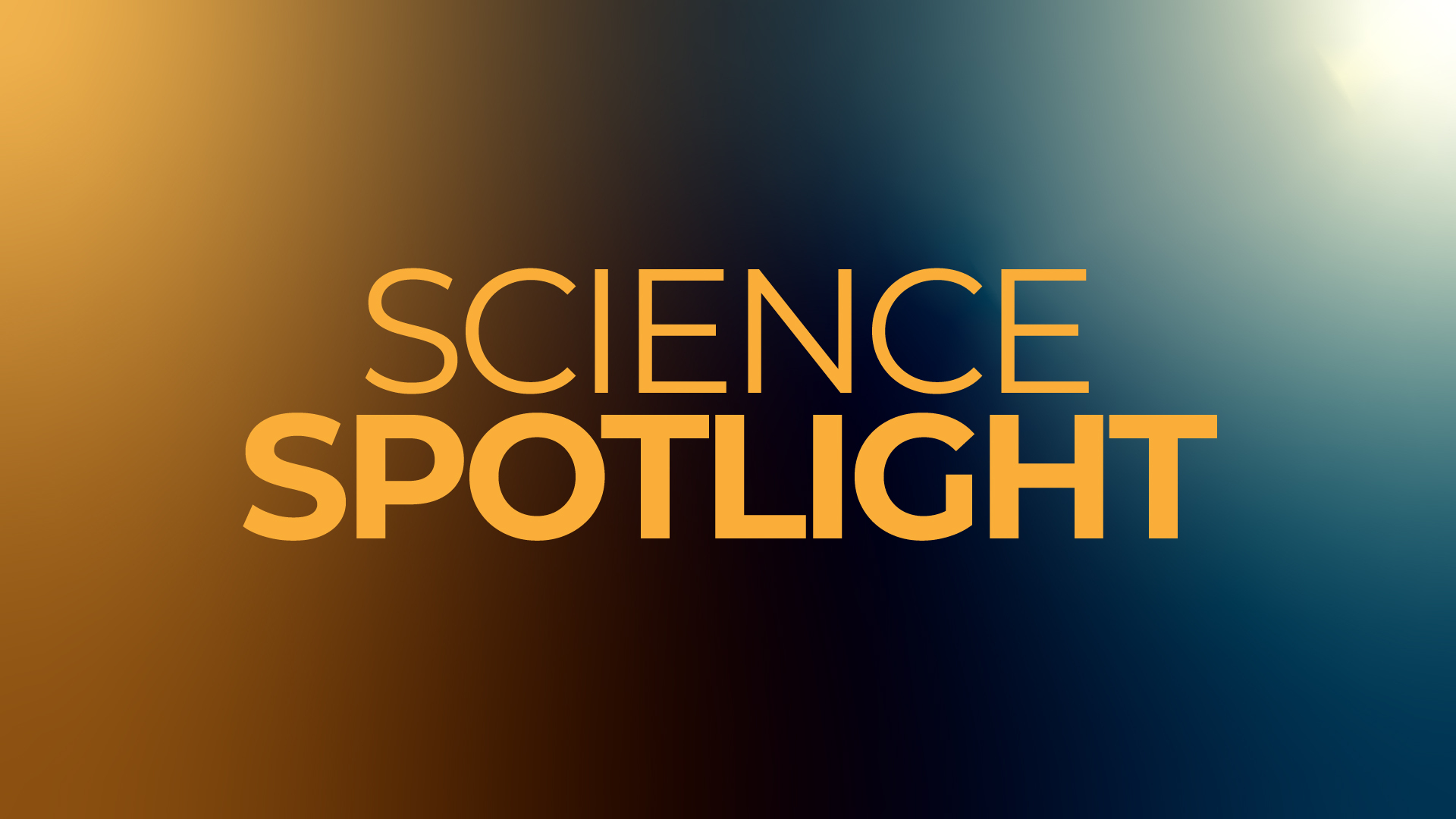
Science Spotlight | Shining a light on new science transforming our world.
Latest news

Astronomers are shocked to find our galaxy's nearest neighbor is being torn to shreds
By Ben Turner published
An analysis of star movements from the Gaia spacecraft reveals that the Small Magellanic Cloud — a satellite galaxy bound to the Milky Way — is being torn apart by its larger neighbor.

Rare quadruple supernova on our 'cosmic doorstep' will shine brighter than the moon when it blows up in 23 billion years
By Harry Baker published
A pair of white dwarfs, located just 150 light-years from Earth, appears doomed to die in a type 1a supernova that will shine brighter than anything currently visible in the night sky. But humanity — and our planet — will be long gone before this happens.

Watch people manipulate 3D holograms thanks to breakthrough technology
By Roland Moore-Colyer published
Futuristic holograms you can manipulate have become a reality sooner than we thought, thanks to breakthrough display.

What is hantavirus? The rare but deadly respiratory illness spread by rodents
By Emily Cooke published
Hantaviruses are spread by rodents and can cause deadly respiratory and kidney illnesses in humans. It recently killed Betsy Arakawa, actor Gene Hackman's wife, in a widely covered case.

Mysterious Antikythera Mechanism may have been an ancient Greek toy, new study hints
By Paul Sutter published
The mysterious Antikythera Mechanism is 2,000 years old and has long puzzled scientists. New research into its triangle-shaped teeth may finally reveal its intended purpose.

A 'Pink Moon' rises this weekend – here's how to see it, and why it's so special
By Jamie Carter published
Also known as the 'Paschal Moon,' April's full 'Pink Moon' will rise alongside Spica, one of the brightest stars in the night sky, on April 12.

When will the US measles outbreak end?
By Emily Cooke published
A public health official in Texas recently warned that the state's ongoing measles outbreak could last a year. Why are cases expected to keep rising?

The world's largest atom smasher is getting a powerful new upgrade
By Paul Sutter published
Physicists are finalizing plans for MATHUSLA, a powerful new addition to CERN's Large Hadron Collider that will detect long-lived particles and potentially open the door to new physics.

Titanic digital reconstruction sheds light on night ship sank
By Patrick Pester published
A new documentary explores the tragic final night of the RMS Titanic with the most detailed digital reconstruction of the ship ever created.
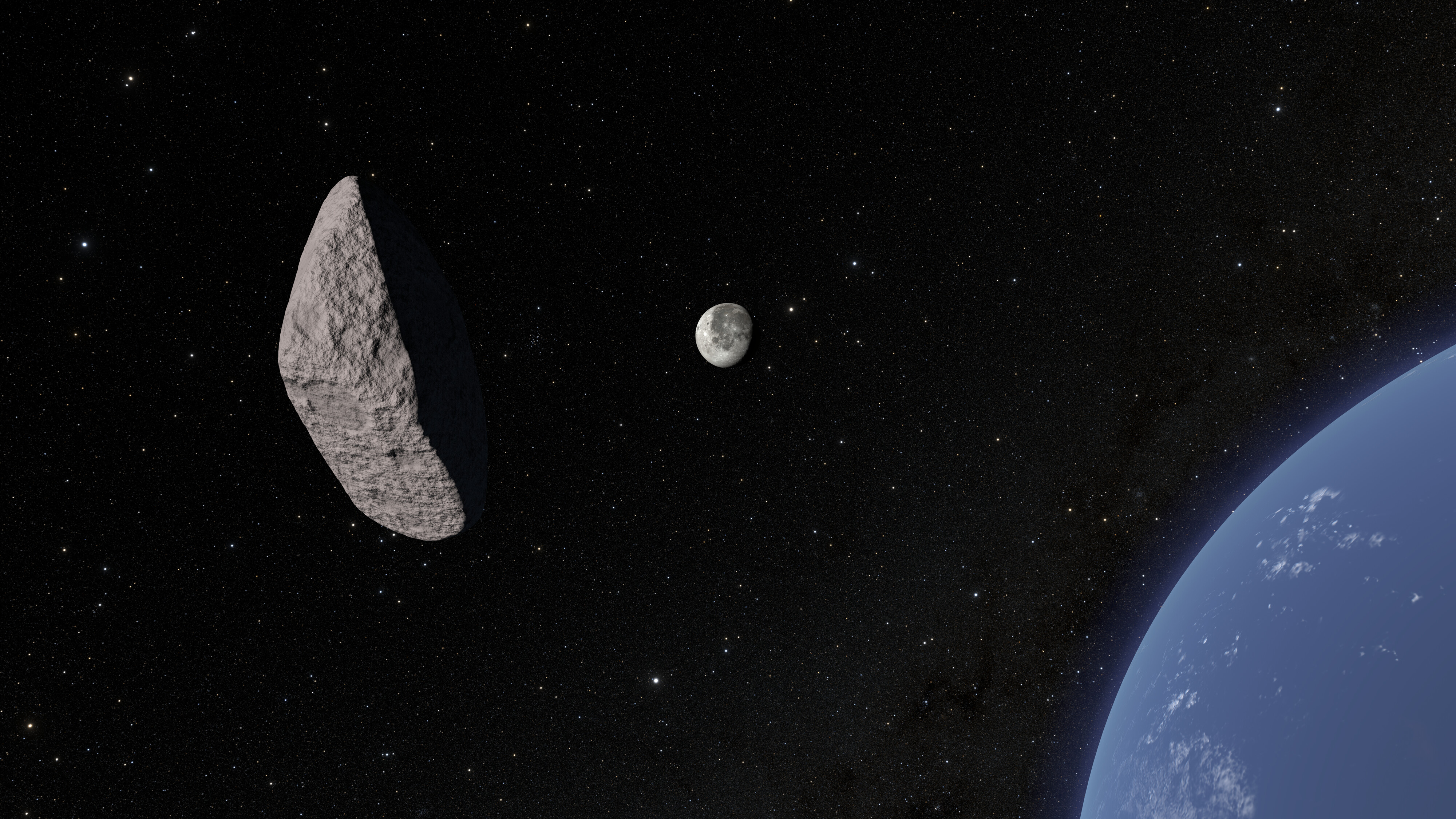
Asteroid 2024 YR4 surprises scientists with 'unusual' shape and could slaphsot the moon
By Patrick Pester published
The once-dubbed "city-killer" asteroid 2024 YR4 has surprised scientists with its 'unusual' shape as it rapidly rotates through space on a trajectory that could see it hit the moon.
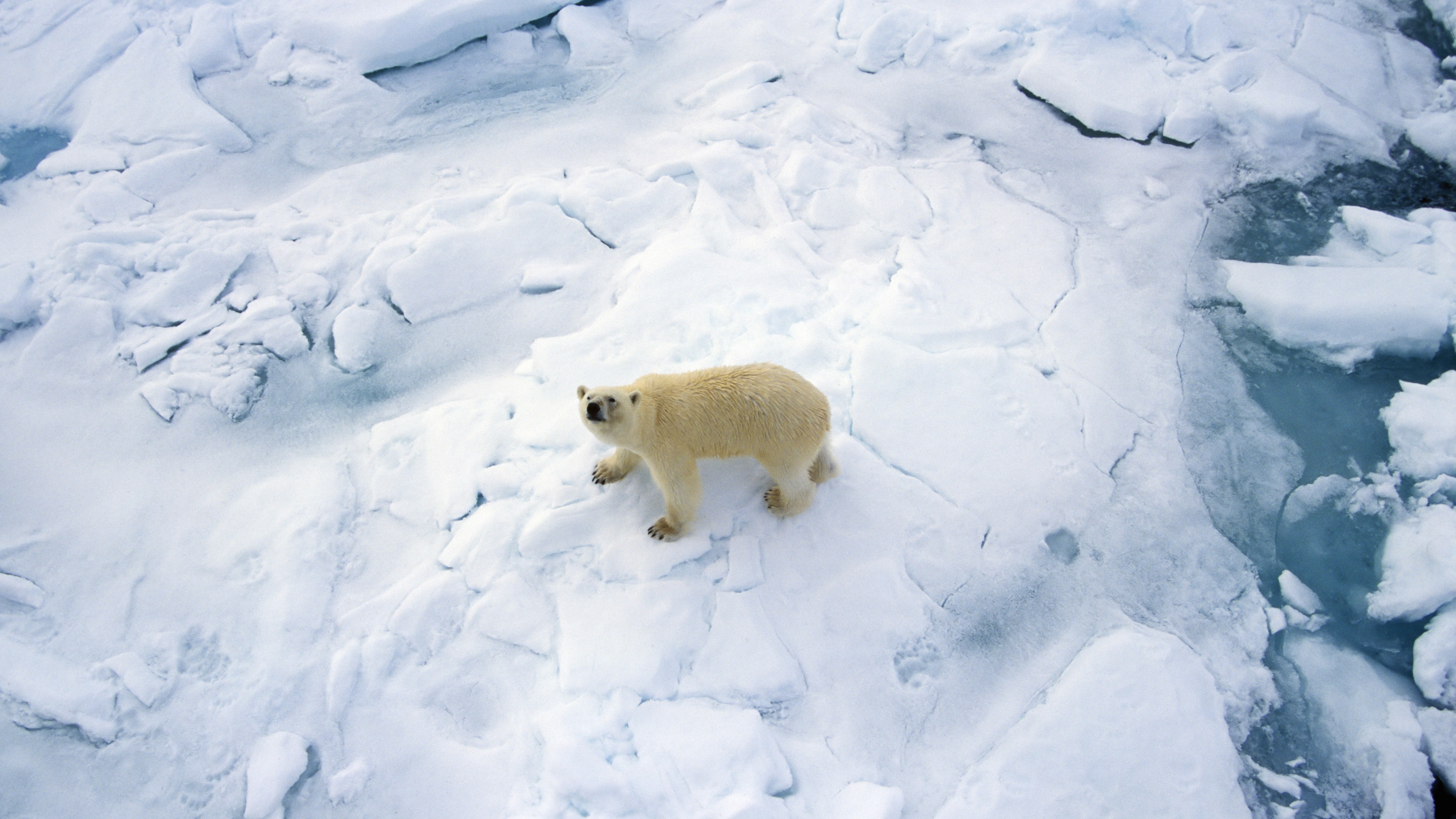
Winter sea ice cover lowest on record
By Patrick Pester published
The Copernicus Climate Change Service has revealed that March 2025 saw the lowest sea ice maximum extent in the 47-year history of the satellite record – the warmest March on record for Europe.
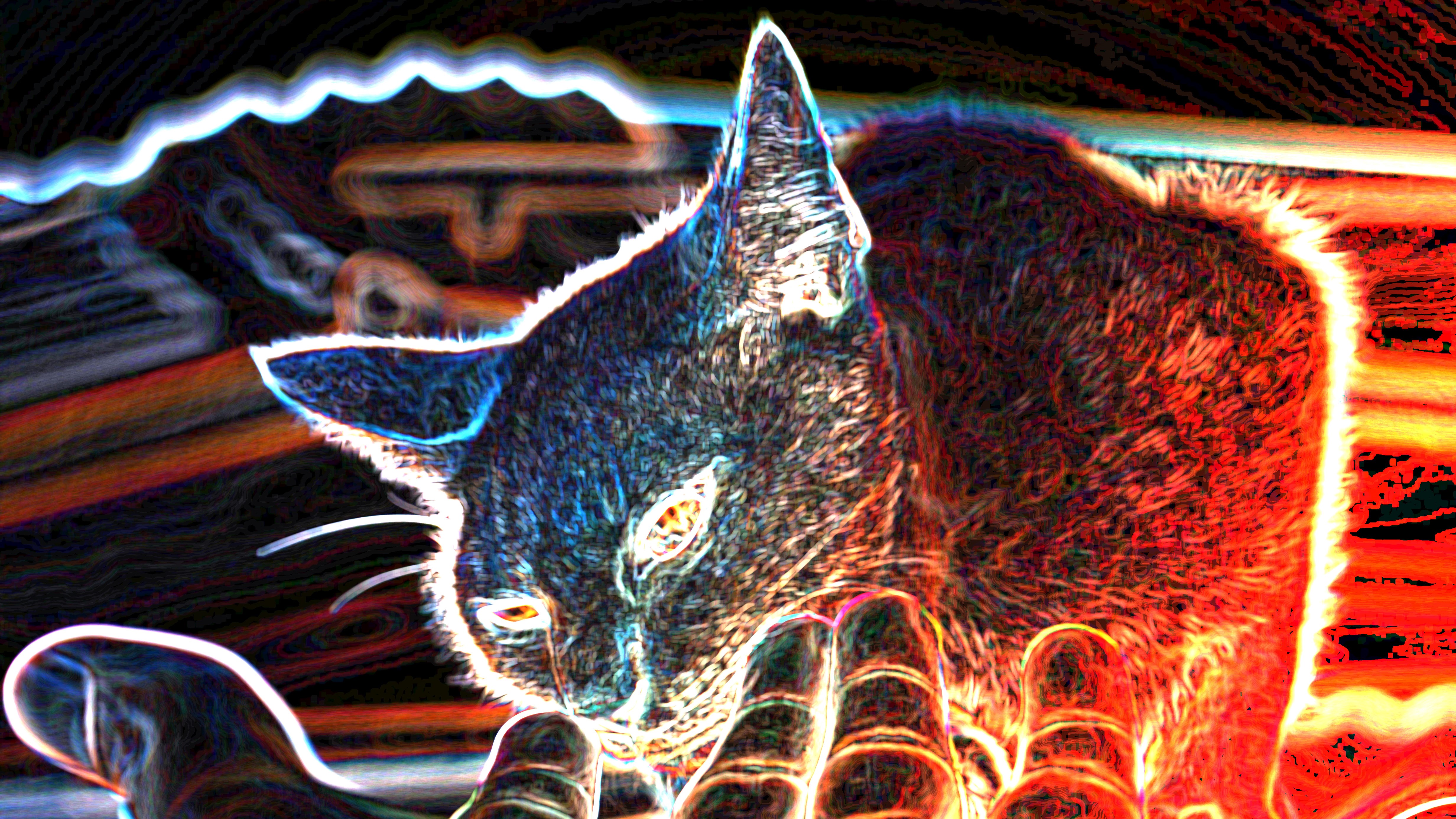
Physicists create hottest Schrödinger's cat ever in quantum breakthrough
By Ben Turner published
Physicists have replicated the famous Schrödinger's cat experiment at hotter temperatures than ever before. The breakthrough is a small but significant step toward quantum computers that can work at normal temperatures.
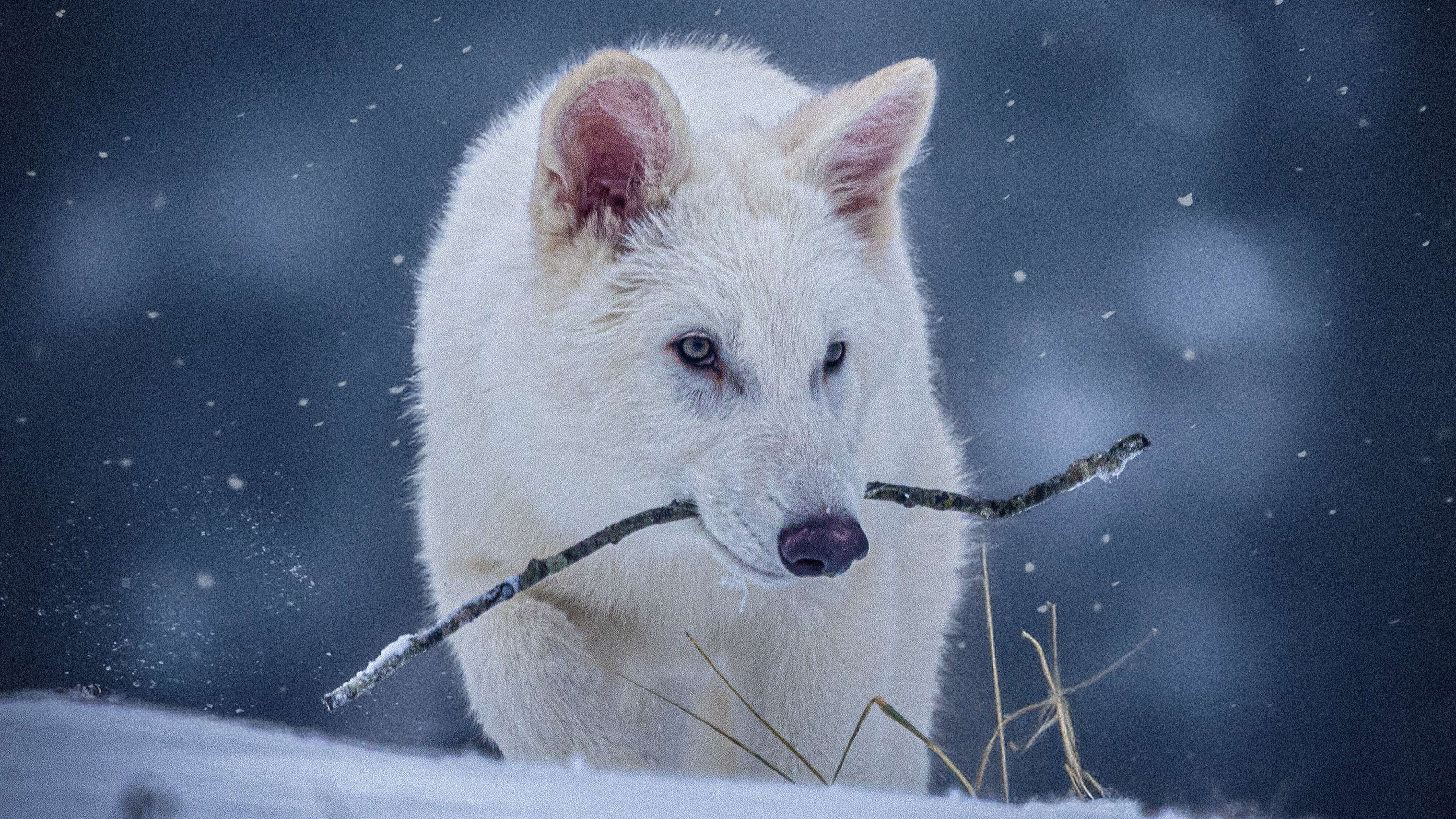
Colossal's de-extincted 'dire wolf' isn't a dire wolf and it has not been de-extincted, experts say
By Sascha Pare published
Scientists recently revealed that they have "brought back" extinct dire wolves thanks to genetic engineering — but experts say the newly created animals are only like dire wolves in appearance.

'Fingerprints of cancer' found after scientists flash infrared light pulses at blood samples
By Emily Cooke published
A new, AI-powered test can detect the molecular "fingerprints" of cancer in a patient's blood using flashes of infrared light.

Quantum computing breakthrough could make 'noise' — forces that disrupt calculations — a thing of the past
By Ben Turner published
Useful quantum networks are hobbled by the problem of decoherence from environmental "noise." But a new breakthrough could change that.
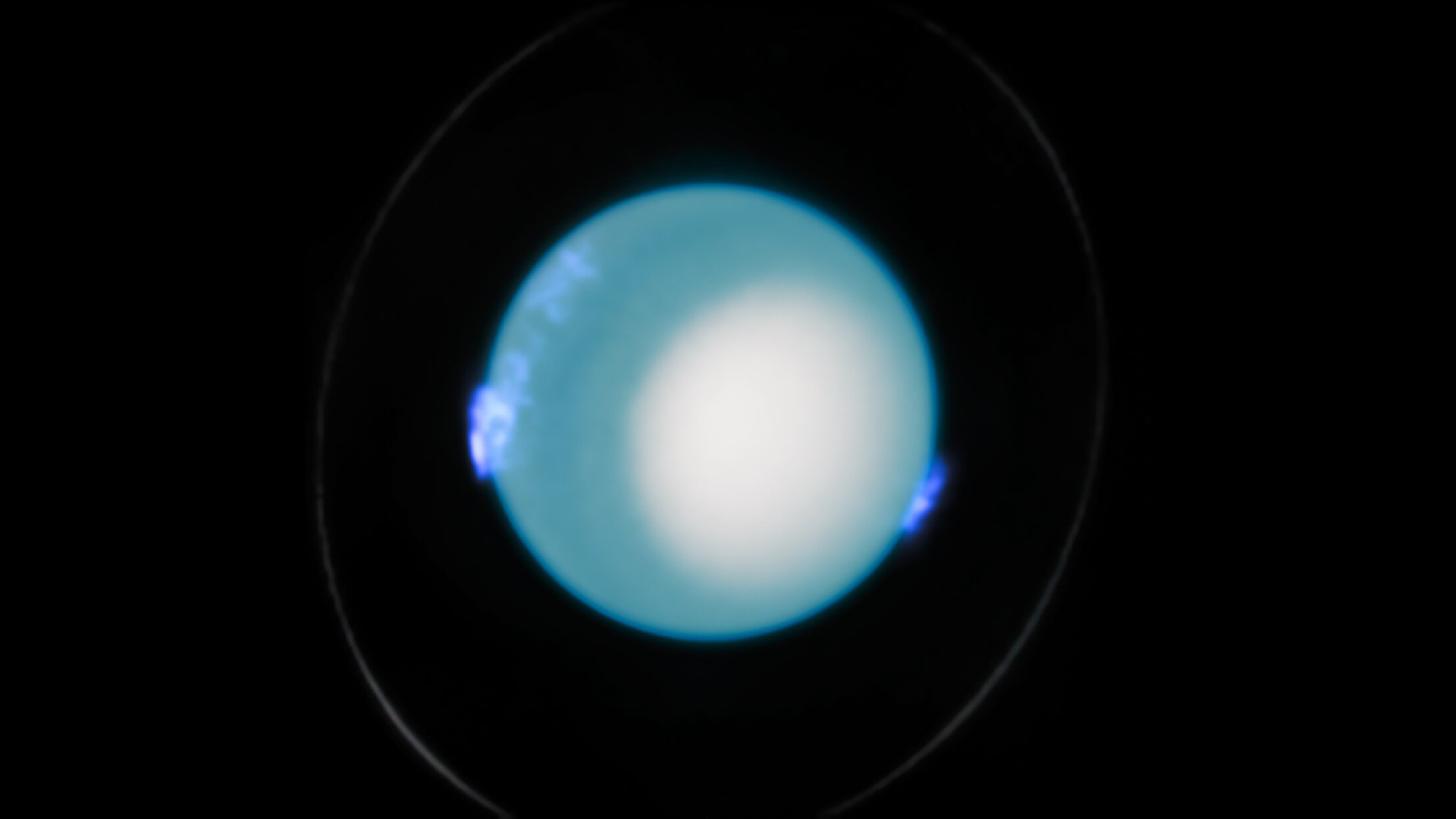
Scientists finally know how long a day on Uranus is
By Skyler Ware published
An 11-year Hubble study has finally revealed how long a day lasts on Uranus.

'Hairy books' were covered in sealskin by medieval monks
By Kristina Killgrove published
A scientific analysis of dozens of 12th- and 13th-century books found in European monasteries reveals they were bound in sealskins procured by Norse traders from as far away as Greenland.
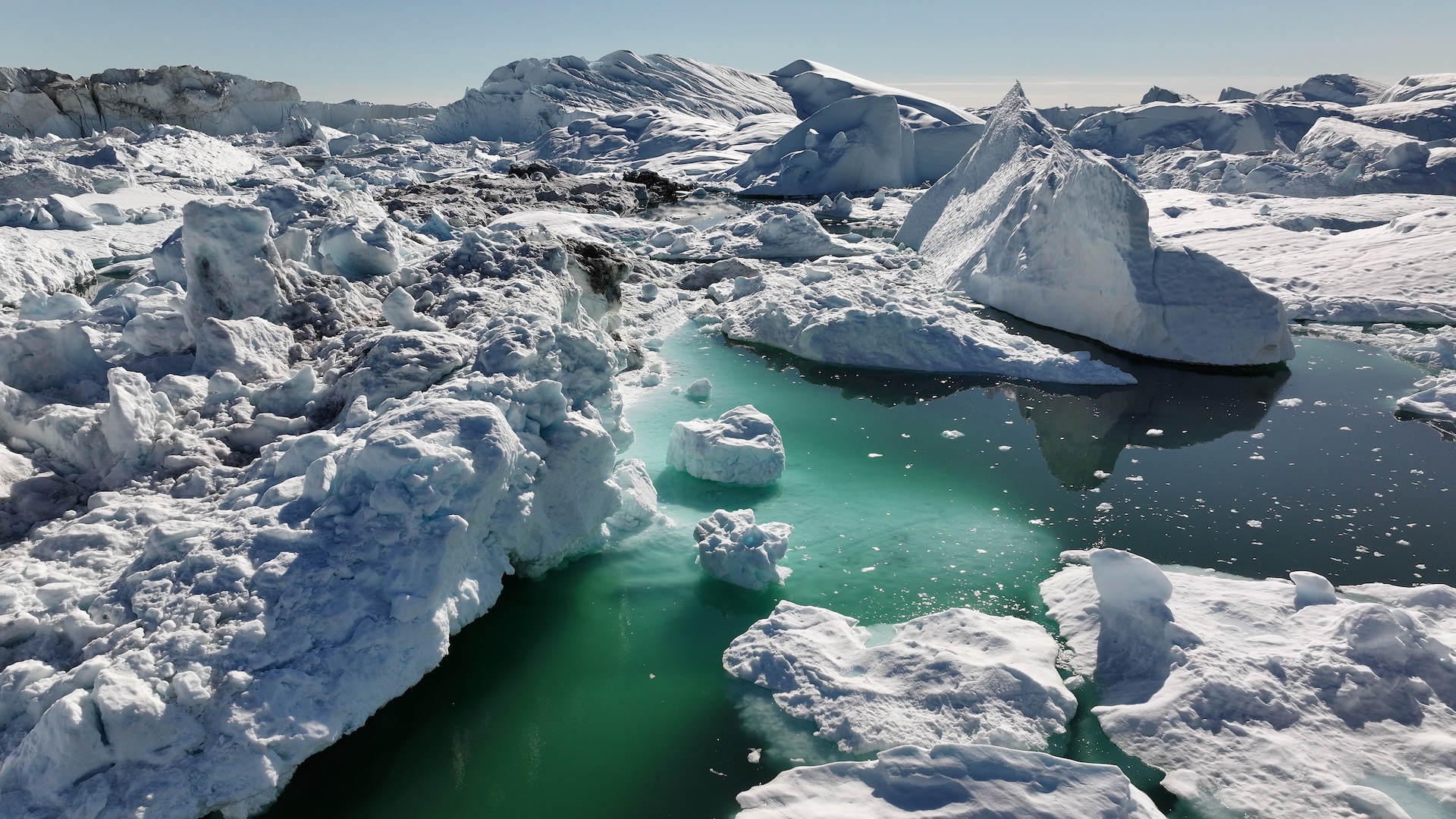
The North Pole could wander nearly 90 feet west by the end of the century
By Skyler Ware published
As climate change melts ice sheets and glaciers, water is being redistributed across the globe — and could end up moving the point of Earth's axis of rotation.
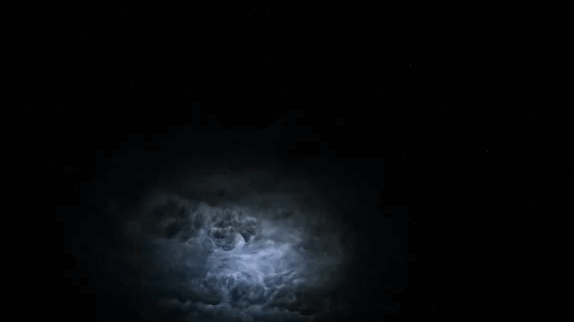
Rare colorful lightning caught on camera by ISS astronaut. 'OK, this is kind of out there'
By Brett Tingley published
NASA astronaut Don Pettit captured breathtaking video of a rare atmospheric phenomenon from his perch high above Earth on the International Space Station.
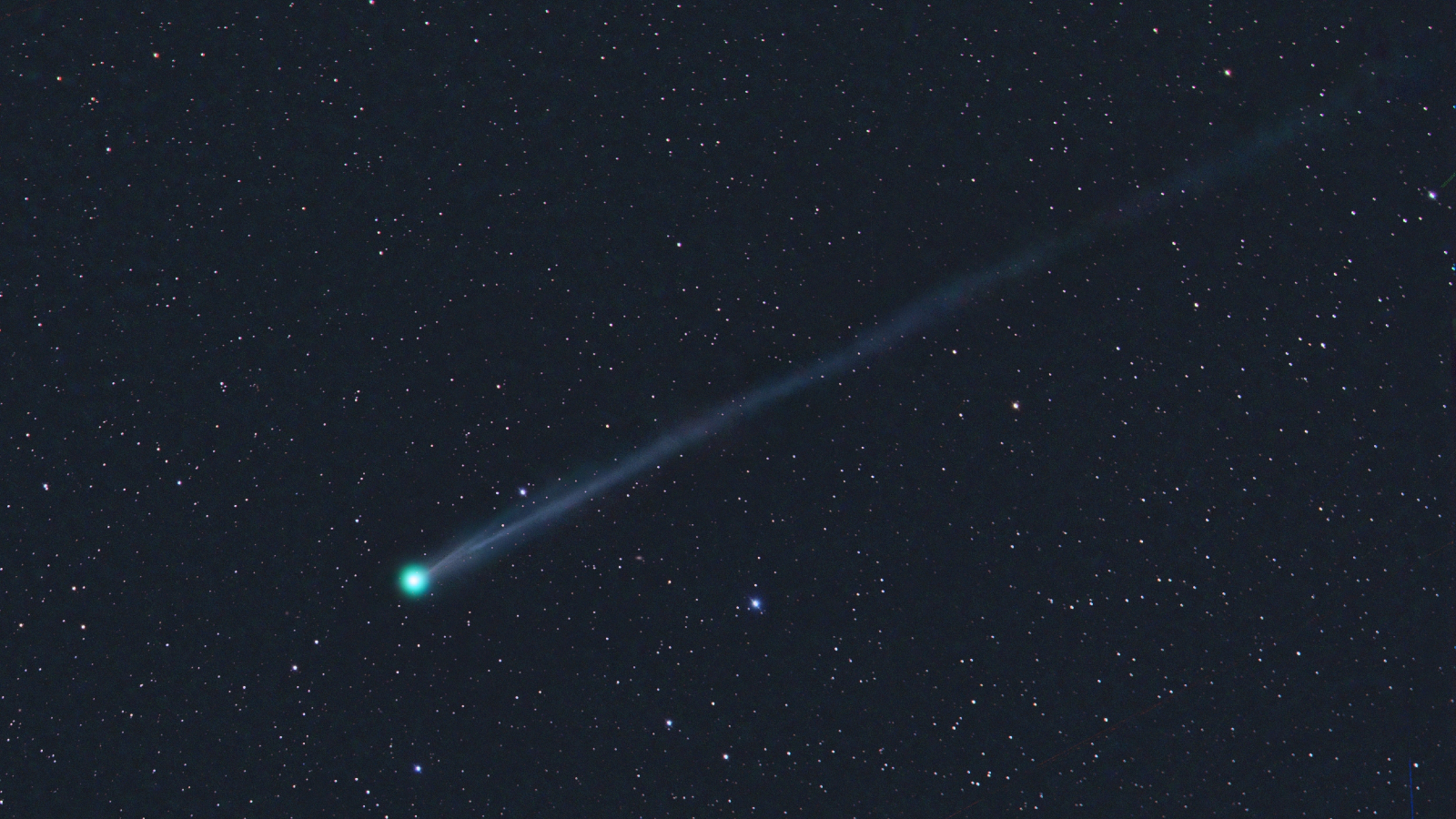
Amateur astronomer discovers bright green comet SWAN25F — and you can see it too
By Harry Baker published
Comet SWAN25F was discovered using photos from the European Space Agency's SOHO spacecraft and can currently be spied using backyard equipment — but it could also become visible to the naked eye in the next few weeks.
Sign up for the Live Science daily newsletter now
Get the world’s most fascinating discoveries delivered straight to your inbox.
